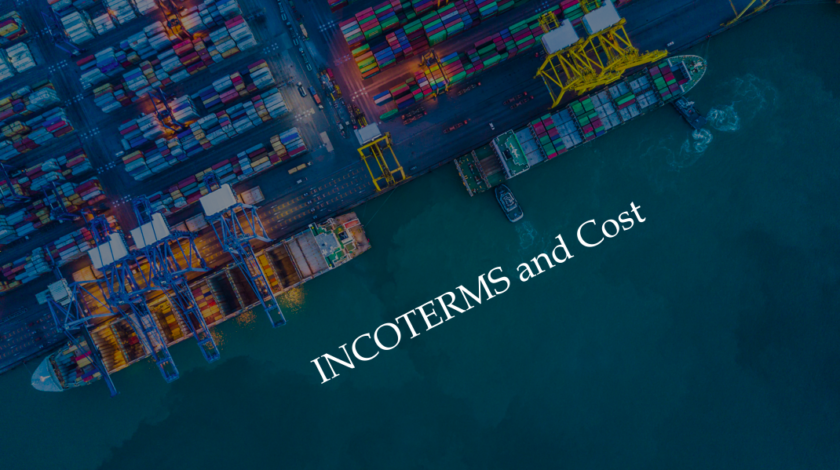
Trade
Incoterms and Cost ~How to check the quotation~ / Japanese Sake Trading
Contents
Trade terms ~why incoterms so important~
When you start a trading of goods from foreign countries, the contract is one of the most important point. As the goods passes a lot of places all over the world from brewery to your local warehouse during the trading, it is quite important to understand the extent of the risk and cost which shipper will take. Otherwise, it will end up with a big trouble, then the quality of goods falls as it left at the port or warehouse.
Before explain in a detail, you need to know what is “incoterms”.
Incoterms is an abbreviation for “International Commercial Terms” which is commonly used in an international trade scene. It is defined by International World Trade Organization and there are renewal of the terms, but people might use old ones as well.
In order to make the logistics procedure clear, we need to understand the terms thoroughly to avoid the problems. When problems happened it is in other words a delay of the delivery and lose of the product quality.
Risk and Cost by terms
When you look at the terms what you need to understand are 4 points as below;
- Point of Delivery
- Transportation Costs
- Export and Import Formality
- Insurance Costs
To catch the general idea of Incoterms, the image below shows the risk and cost on shipper with different terms.
Major terms to remember
There are more than 30 terms, but in most case you will see the terms below, so please remember the terms below;
- Ex Works (EXW) – The shipper makes the goods available at its location, so the consignee can take over all the transportation costs and also bears the risks of bringing the goods to their final destination.
- Free Carrier (FCA) – The shipper hands over the goods into the disposal of the carrier. After the consignee takes over all the costs, the risk passes when the goods are handed over to the carrier.
- Free on Board (FOB) –This term is used in the most case. The shipper must load the goods on board of the ship, nominated by the consignee. Cost and risk are divided when the goods are on board.
- Cost and Freight (CFR or C&F) –Shipper must pay the costs and freight to bring the goods to the port of destination. Although the risk is transferred to the consignee when the goods are loaded on the ship.
- Cost, Insurance and Freight (CIF) –It is same as CFR or C&F except that the shipper must procure and pay for the insurance.
- Delivered Duty Paid (DDP) –The shipper is responsible for delivering the goods to the selected place in the country of the consignee, and pays all costs in bringing the goods to the destination. Mostly used in air delivery.
- Delivered Duty Unpaid (DDU) –Almost same as DDP, but custom duty is paid by the consignee.
Did you get the idea?
Please do not forget to check who is responsible for risk, freight cost, custom duty and insurance by where.
Have a safe delivery of Sake!!!







